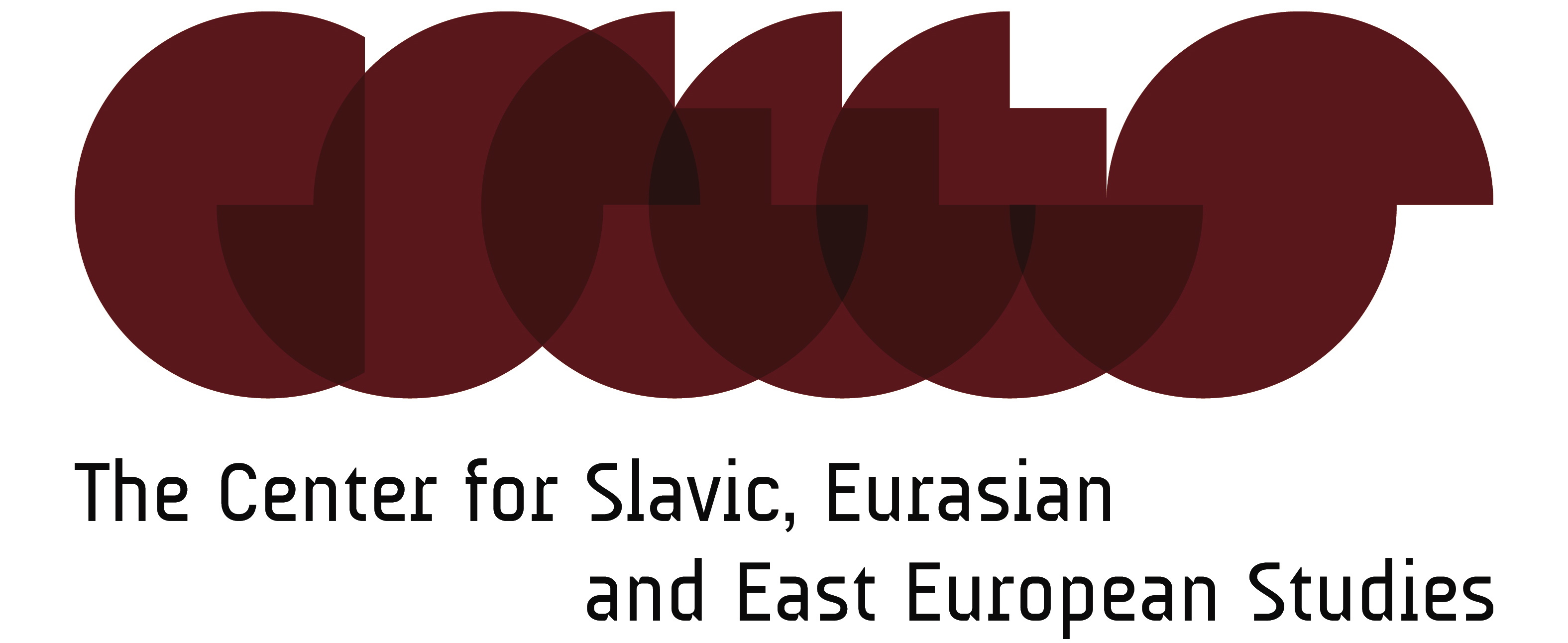New Directions in Russian Studies
About
Expanding Disciplinary Horizons: New Directions in Russian Studies is a pilot program at the University of North Carolina at Chapel Hill launched in July 2019 to support the next generation of social science scholars in developing research and pedagogical connections between Russian Studies and the broader social science disciplines such as political science, economics, public policy, anthropology, and global studies. The program encompasses a visiting scholars program with partner universities in Russia, opportunities for advanced language training and Russia-focused graduate research, as well as programming that fosters US-Russian academic dialogue.
Goals
Since the mid-twentieth century, research in the social sciences has been formalized in two distinct intellectual models, one that involves disciplinary driven investigations of theoretical problems supposed to be quite general in application, and the other, known as area studies, which prioritizes an interest in particular world regions. In recent years, the University of North Carolina at Chapel Hill has invested in academic programs that seek to bridge the general and the regional and which reflect the growing importance of global processes that are reshaping societies and economies everywhere in ways both shared and idiosyncratic. With over 600 majors annually and MA program in Russian and East European Studies, the UNC Curriculum in Global Studies is a successful example of disciplinary convergence at both undergraduate and graduate level. Providing instruction, mentorship, and opportunities for field research and advanced language study in Russian will substantiate UNC’s exceptional training and placement record for students with MA and PhD degrees in Russia-related disciplines.
Expanding Disciplinary Horizons: New Directions in Russian Studies is supported by a grant from the U.S.-Russia Foundation; College of Arts & Sciences; Chancellor’s Global Education Fund; and the Center for Slavic, Eurasian, and East European Studies.



